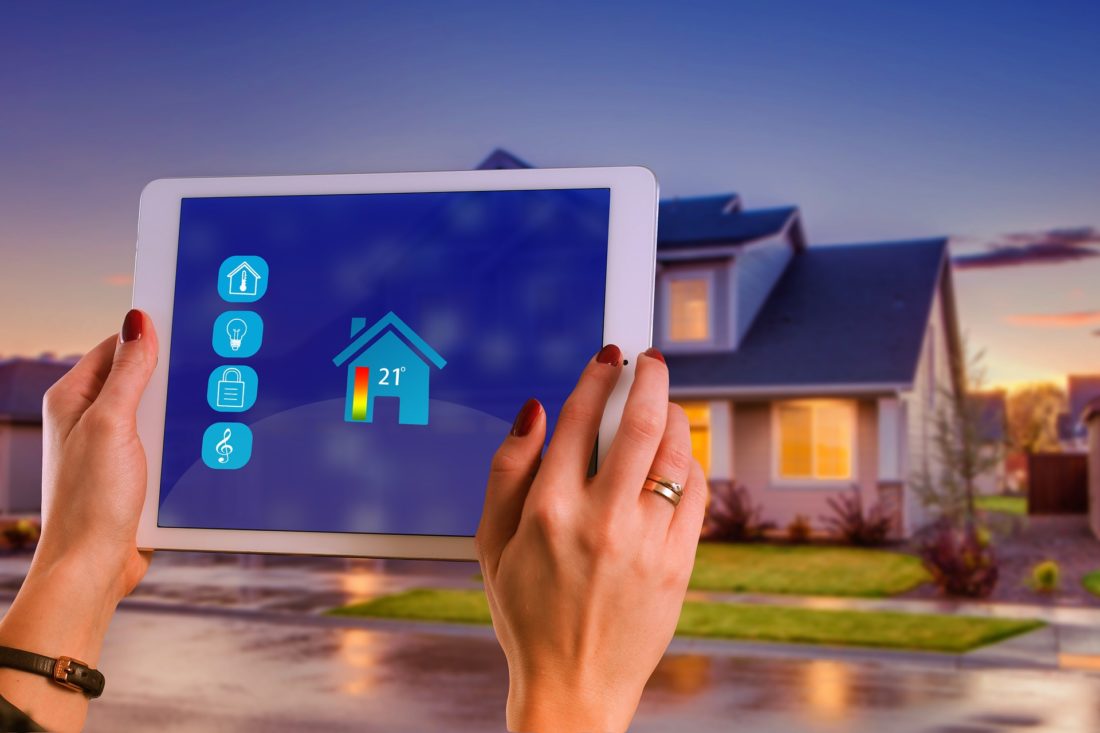6 Tips for Saving on Heating, Cooling, and Ventilation Costs for Your Home

Have you looked at your utility bills lately and found that you’ve been spending way too much on heating, cooling, or ventilation? If so, then you might want to look into cutting your usage down. By doing so, you won’t only save quite a bit of money, you’ll also be doing your part in shrinking your community’s collective carbon footprint and helping the environment recover from the enormous strain that humanity is putting on it daily.
Thankfully, this doesn’t necessarily mean enduring the heat or cold as best you can, as not all of us can do that reasonably, especially if you reside in a region where extreme weather conditions are commonplace. However, there are certain practices that you can do to boost the efficiency of your home’s climate control system, as well as decrease your reliance on it long enough to make a discernable difference. Here are some of those practices, which we’ve collected in a handy list of tips:
Install a Smart HVAC system
If you have an HVAC system installed in your home, but it is aging and is no longer performing as well as expect it to, then you might want to consider upgrading to a smarter version of it. An intelligent HVAC system is just what it sounds like: a temperature control solution that employs computer and sensor technologies, allowing you to easily control temperature and ventilation in specific areas in your home via a device like a smartphone. This can save you a lot of money in the long run, as it allows you to limit heating or cooling only in currently occupied areas of your home. This improves your home’s overall energy efficiency while also actively cutting down your total energy expenditure.
How does a smart HVAC system do this? Well, besides having sensors that automatically tell you just how warm or cold specific areas in your home are—allowing you to adjust the temperature as necessary—it also uses damper valves to control the air flow in your home’s HVAC system. These damper valves, which use efficient mini-motors for damper valve actuation, route the cool or warm air to where it’s needed the most, instead of just pumping it all over your house. This eases the work demand from your HVAC unit and prevents it from using too much fuel or energy.
Let in the sun for free heating
Cut down on your heating costs by taking advantage of the natural warmth that the sun offers! By simply opening your windows and curtains, you’ll be letting in the sun’s radiant energy, which can help raise the temperature indoors by quite a bit. Remember to close and draw them again once the sun sets to keep the heat from escaping. Conversely, during warmer months, you can also open your windows to let the air from the outside naturally ventilate your home.
Regularly clean and maintain your vents
If you regularly rely on your HVAC system to keep your home warm or cool, then there’s a good chance that your air vents and filters have accumulated quite a lot of dust and debris over time. While having some dust accumulation isn’t all that harmful, allowing it to build up for long periods of time can cause your vents and filters to get choked with the stuff, forcing your HVAC system to work harder to do the same level of cooling or heating. This makes it use up more energy, driving up your utility bill. To prevent this, regularly have your vents cleaned and your air filters replaced.
Bundle up with multiple layers of clothing when it’s cold
Winter wear isn’t just for going outdoors in the cold. Instead of turning up the temperature, just throw on your favorite winter sweater and some warm socks. You can also wear a woolen cap or beanie to prevent heat from escaping from your scalp. Blankets and rugs also help insulate the areas of your home that you congregate in.
Get your home insulated
Relying on your HVAC system when your house isn’t properly insulated will result in high energy usage, simply because lack of insulation allows cold air and heat to leak freely in and out of areas in your home. Prevent this from happening by installing adequate insulation in these problematic areas. You can have this done professionally, or you can also do it yourself if you want to save some money. It’s easy enough to do so, and there are guides all over the internet to help you.
Close off the rooms that aren’t being used
Keep the doors and windows in unoccupied rooms closed shut. This prevents cold air or heat that’s being pumped into the more important areas of your home from escaping into these unused areas. Conversely, keeping an area that’s being heated or cooled closed off from the rest of the house allows that area to keep its temperature constant, which helps you save energy as well.
Save money by being wise about your heating and cooling habits
While it may be easy to just crank up your HVAC when you need to get things warmed up or cooled down, you’re always going to have to pay for the convenience of it when your utility bills come in. By taking these prudent tips to heart, you can still be comfortable no matter the season while also cutting down on the amount of energy you use.